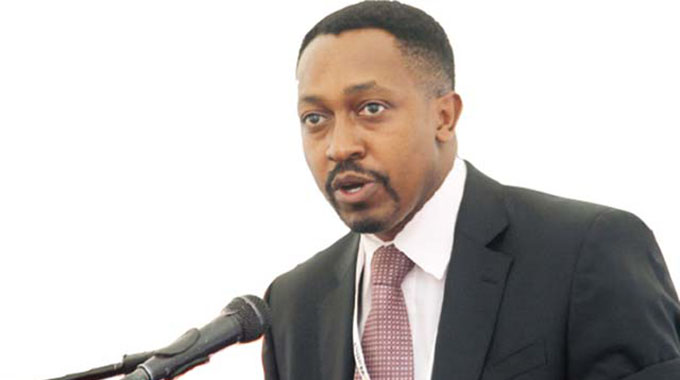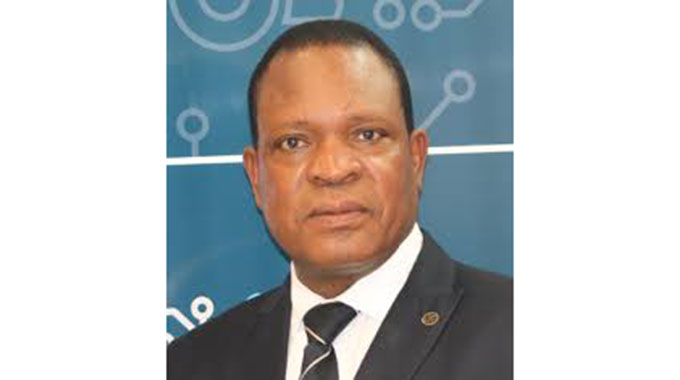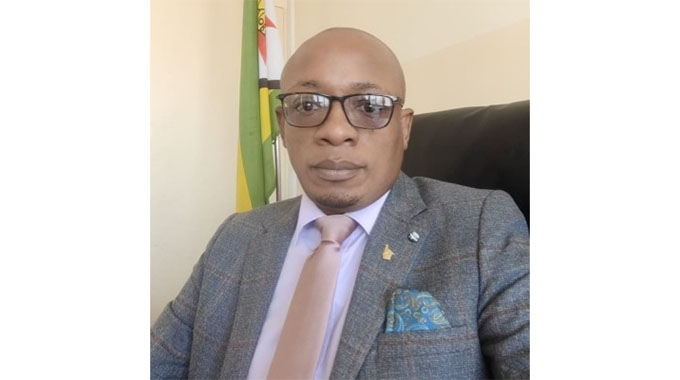ZITF embraces local languages

Prosper Ndlovu
Bulawayo Bureau
The Zimbabwe International Trade Fair (ZITF), set for July, is looking at getting more buy in from Zimbabweans by giving regular updates in local languages, as part of efforts to ensure it is comprehensive, ZITF Company board chairman Mr Busisa Moyo said yesterday.
Mr Moyo has already issued public updates in English, Ndebele, Shona and Kalanga, announcing new ZITF dates and encouraging all stakeholders to prepare for the event.
“Covid-19 has taught us that we don’t only look to connect outwards but also inwards,” he said. “The ZITF is an international event, but hosted by locals.
“We must all buy in so that investors and trading partners from the region and the world at large enjoy Zimbabwean hospitality from every one of us and so all languages must hear the message. Silabantu bemzini. Tina vaenzi. Tina bezi!”
This year, the country’s biggest annual trade expo will run for four days instead of five, under tight Covid-19 mitigation protocols after it was suspended last year following the outbreak of the Covid-19 pandemic.
Bulawayo hosts the exhibition at the usual venue, the Zimbabwe International Exhibition Centre, from 20 to 23 July under the theme: “Showcasing the New Normal for Business & Industry: Realities and Opportunities”.
Mr Moyo said efforts would be made to issue updates is Sotho and Nambya among other 16 recognised indigenous languages.
Unlike during the colonial era when only three languages — IsiNdebele, Shona and English — were prioritised, Zimbabwe has fostered the use of 16 languages including sign language to cater for citizens with disabilities.
Previously dubbed the minority languages, some of the languages have even made it to public Grade Seven examinations and some of these are being studied up to degree level.
The recognition of diverse languages in the country’s constitution has enabled every citizen to take part in the development of the country and benefit fully from national programmes.









Comments